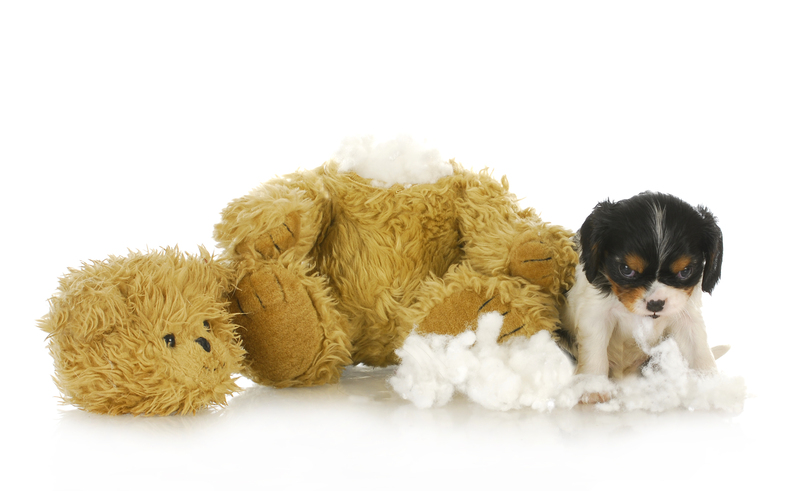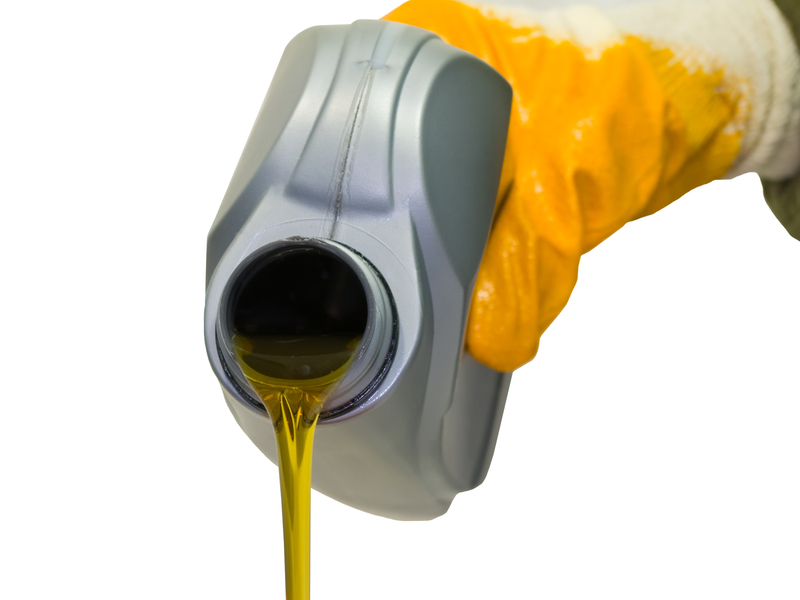How Your Household Can Contribute to Proper PPE Waste Disposal
In today's world, the proper disposal of Personal Protective Equipment (PPE) waste has become increasingly vital. With the ongoing use of face masks, gloves, and sanitizing wipes, households must play their part in keeping communities safe and our environment clean. This comprehensive guide explores how your household can contribute to proper PPE waste disposal, the significance of responsible practices, and actionable steps every family can implement.
Understanding PPE Waste and Its Environmental Impact
PPE, or Personal Protective Equipment, includes face masks, disposable gloves, face shields, and gowns, among other items. These materials are essential for personal and public protection, especially during health crises such as the COVID-19 pandemic. However, the increased use of PPE has also led to a surge in PPE waste, which poses unique environmental challenges.
- Non-biodegradable Materials: Most disposable PPE is made of plastics or synthetic fibers that do not break down easily, adding to landfill burdens.
- Wildlife Hazard: Improperly disposed PPE can end up in water bodies and green spaces, threatening wildlife through ingestion or entanglement.
- Potentially Infectious Waste: Used PPE can carry harmful pathogens, increasing the risk of disease transmission if not handled appropriately.
These risks underline the importance of learning about and practicing proper PPE waste disposal at home.

Why Households Must Take Action in PPE Waste Management
While healthcare facilities have established infectious waste protocols, households represent a significant source of PPE waste generated daily. By focusing on household PPE waste management, communities can reduce landfill impact, mitigate disease transmission, and support a sustainable environment.
Benefits of Responsible PPE Disposal
- Protects Sanitation Workers from unnecessary exposure.
- Prevents Littering in neighborhoods and natural habitats.
- Reduces Pollution from plastic fibers and chemicals leaching into the ecosystem.
- Sets a Positive Example for children and neighbors, fostering a culture of environmental responsibility.
Types of PPE Waste Used in Households
- Single-use Face Masks (Surgical, N95, Disposable Cloth): Used daily by adults and children alike.
- Disposable Gloves (Latex, Nitrile, Vinyl): Common for cleaning, shopping, or handling packages.
- Sanitizing Wipes and Tissues: Frequently used for cleaning shared surfaces and hands.
- Face Shields and Goggles: Less common, but used in some households for added protection.
Steps for Proper PPE Waste Disposal in Your Household
Implementing a routine for safe PPE waste disposal at home ensures your household's health and environmental stewardship.
1. Develop a Household PPE Disposal Station
Dedicate a bin or container specifically for PPE waste. This keeps used masks, gloves, and wipes separated from regular trash and recycling.
- Choose a sealable, durable bin labeled "PPE Waste Only."
- Place it near your home entrance or in frequently used common areas for convenience.
2. Prepare Used PPE for Disposal
Never toss used PPE directly into recycling or compost bins. Follow these steps for maximum safety:
- Cut the Ear Loops: For masks, cut or snip the ear loops so animals don't get trapped if the mask escapes wildlife.
- Seal PPE in a Bag: Collect used PPE in a biodegradable or plastic bag and tie it securely before placing in the PPE bin.
- Avoid Touching the Outside: Use gloves or thoroughly wash your hands after handling used PPE, and avoid touching your face.
3. Disposal Day: Handling PPE Waste with Care
On trash collection day, ensure your PPE waste bag is tightly sealed. If local regulations require, double-bagging is recommended to prevent accidental leakage or contamination.
- Mark the Bag as PPE Waste for municipal workers' awareness.
- Place PPE Waste with General Trash, unless your local authority provides specialized PPE waste collection.
4. What Not To Do with Used PPE at Home
- Do not throw PPE in recycling bins -- it contaminates recyclable materials and poses risks to recyclers.
- Do not dispose of PPE in open areas or flush it down the toilet, as it causes environmental blockages.
- Do not burn PPE at home, as this releases harmful emissions and toxins.
PPE Waste Recycling: Exploring Safe Options
Standard household PPE (like used face masks and gloves) is generally not recyclable through curbside programs. However, innovative companies and local government initiatives may offer PPE recycling solutions:
- Check with local waste management authorities for dedicated PPE recycling drop-off locations.
- Explore mail-in PPE recycling kits provided by environmental organizations.
- Support community PPE recycling drives if available.
Remember: Never place contaminated PPE in regular recycling bins without explicit instructions.
Creative Ideas to Reduce PPE Waste at Home
Switch to Reusable PPE Where Possible
- Fabric Masks: Use washable cloth masks with multiple layers as per health guidelines for non-medical settings.
- Reusable Gloves: For household cleaning, opt for reusable rubber gloves and regularly disinfect them.
Switching to reusables not only reduces waste but also saves money in the long run!
Encourage the Proper Use and Reuse of PPE
- Educate Family Members: Train all household members - especially children - on when and how to wear, remove, and dispose of PPE.
- Avoid Overuse: Only use masks or gloves when necessary (e.g., crowded indoor places or when sick) as recommended by health authorities.
Establish a PPE Waste Routine for the Whole Family
Building a PPE disposal routine at home makes compliance second nature and minimizes risks.
- Hold weekly check-ins to remind everyone about PPE disposal rules and update any changes.
- Assign family "PPE Monitors" - especially for kids - to help reinforce positive habits.
- Make disposal bins accessible in entryways, bathrooms, and high-traffic spaces.
Teach Everyone the Importance of Proper PPE Disposal
Education is key to instilling environmentally conscious behaviors in every household. Host short family talks, use visual reminders, and share stories illustrating the risks of littered PPE. Knowledge empowers individuals of all ages to take responsibility for their actions.
Stay Informed about Local Guidelines and Innovations
Municipalities may update their waste guidelines based on emerging health information and technological advances. Stay current by visiting your city's environmental services website or subscribing to updates. You can also inquire about:
- Pilot programs for PPE recycling or dedicated collection.
- Changes to landfill sorting or hazardous waste drop-off procedures.
- New reusable PPE options or locally available compostable PPE.
The Role of Community Action in Household PPE Waste Disposal
Organizing or participating in neighborhood clean-up campaigns can tackle PPE litter and raise awareness. Get involved with local environmental groups, voice concerns at council meetings, and share responsible disposal tips online.
- Host PPE Disposal Workshops: Invite local experts to demonstrate safe techniques.
- Distribute Educational Flyers: Collaborate with community centers or schools to circulate clear PPE disposal guides.
- Promote Social Media Campaigns: Use platforms like Facebook or WhatsApp to circulate reminders about responsible PPE waste management.

Addressing Common Questions About Household PPE Waste
Can PPE Waste Be Dangerous?
Yes, used PPE may carry infectious agents and should be handled with care. Double-bagging and hand hygiene are essential to protect household members and sanitation workers.
What If My Area Lacks PPE-Specific Disposal Services?
Most regions direct households to discard PPE with general trash. However, always check for updates on dedicated waste streams. Never place PPE in recycling or compost bins.
Can Cloth Masks Be Disposed of with Regular Trash?
Yes, if a reusable mask is worn out or contaminated beyond cleaning, discard it with household trash in a sealed bag.
Conclusion: Every Household Makes a Difference!
Proper PPE waste disposal is not just a matter for hospitals and health workers--it starts at home. By adopting simple, impactful habits, your household can significantly reduce environmental harm, protect community health, and foster a safe, clean living space. Remember to:
- Set up dedicated PPE disposal areas.
- Follow safe handling and double-bagging procedures.
- Choose reusable PPE products when possible.
- Educate everyone in your household about the dangers of improper PPE waste disposal.
- Stay up to date with local waste management guidelines and contribute to community initiatives.
Your choices count. Together, we can build a cleaner, healthier future--starting with responsible PPE waste management at home!